Faced with years of drought and rising temperatures, Uruguay is getting drier by the day. Earlier this week, President Luis Lacalle Pou declared a "state of water emergency in the metropolitan area," as residents of the capital Montevideo faced severe water shortages, according to CNN.
This is a hard reality for the relatively wealthy South American country, which has long defined access to water as a human right . It is also a warning sign of the country’s vulnerability to droughts, which will become more frequent and intense as climate change accelerates.
Drink salty water
The impact of the drought in Uruguay is clear, according to CNN. Canelón Grande, a vital reservoir that normally supplies water to more than a million people in Montevideo, has turned into a swamp that locals can now walk on.
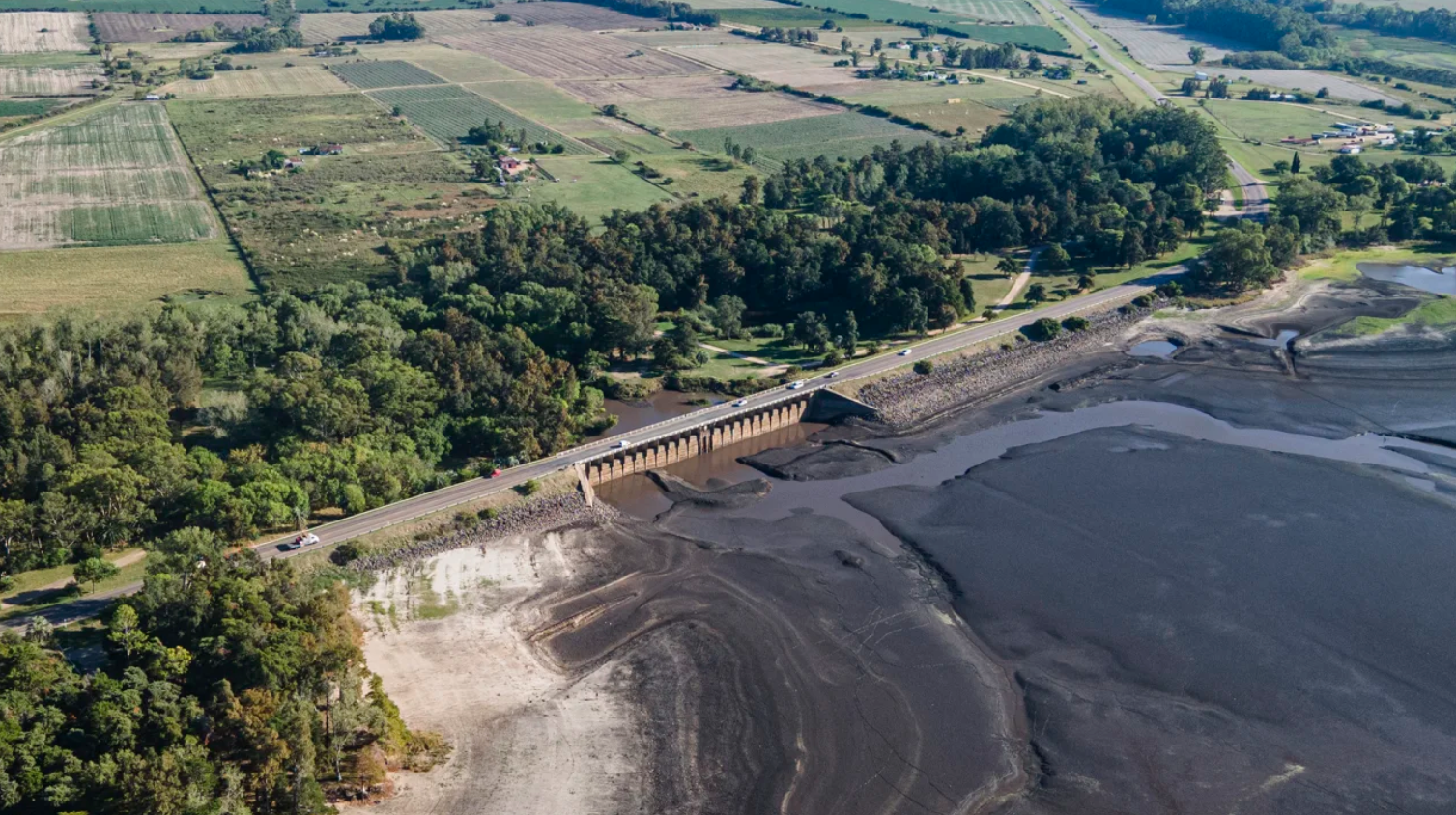
Low water levels at the Canelón Grande reservoir on March 13.
Another reservoir, Paso Severino, which normally serves 60% of the country’s population, has seen its water levels drop to record lows. According to local media, the lake could dry up completely by early July.
To deal with the severe water shortage, authorities have been forced to take a series of drastic measures.
For weeks, the public water company, OSE, has been mixing saltwater from the Río de la Plata estuary with fresh water from the Paso Severino reservoir to maintain supplies, after seeking an exemption from normal regulations on salinity in drinking water.
Carlos Santos, a member of the National Commission for the Defense of Water and Life (CNDAV) and an anthropology lecturer at the University of the Republic in Uruguay, said the tap water in Montevideo is essentially undrinkable because it is too salty. "Even pets don't want to drink it," he told CNN.
In addition to the salty taste, Uruguayan officials said the tap water also contained high levels of chloride, sodium and trihalomethanes.
Public Health Minister Karina Rando said at a press conference in May that there was no health risk for most people. But she advised people with certain health problems, including high blood pressure and kidney disease, as well as pregnant women, to limit or even avoid tap water altogether.
The Ministry of Public Health has also advised people not to add salt to baby food and to use bottled water to prepare infant formula.
President Lacalle Pou said on June 19 that “the water supply is guaranteed” but that the chloride and sodium content in the water “will certainly increase”. According to sanitary standards, water of such quality would no longer be considered drinkable.
Bottled water sales have skyrocketed in Montevideo and the neighboring province of Canelones, recording a 224% increase in May compared to the same month last year, according to a report from research firm Scanntech Uruguay. This has forced retail groups to find ways to meet demand and caused a spike in plastic waste.
But many residents in Montevideo and the surrounding area cannot afford bottled water and are forced to continue drinking from the tap, according to Santos. To ease the financial pressure, the government has introduced a tax exemption on bottled water, one of a number of emergency measures related to water.
Human rights issues
The situation has shocked residents of one of South America's richest countries and one with a special relationship with water.
Uruguay claims to be the first country in the world to make access to water a fundamental right in a 2004 constitutional amendment. The amendment was supported by political opposition factions and approved by more than 60% of voters in a referendum.
The capital Montevideo has seen several street protests over water issues in recent times. "There is one important thing that Uruguayans really feel and that is the connection to water. The anger that people are showing right now shows that. It is not a protest against this government, it is a demand for basic rights," Mr Santos said.
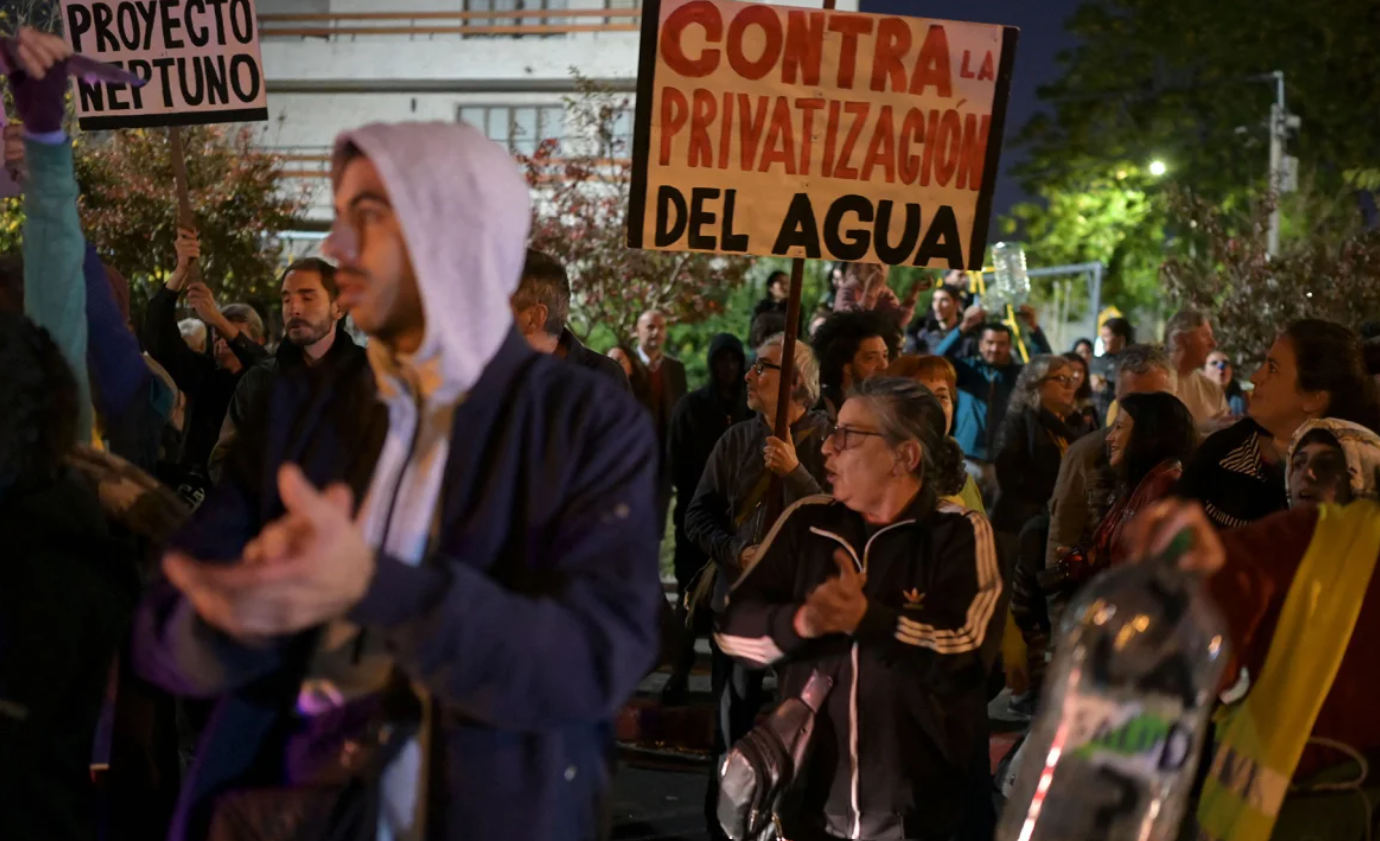
People protest over having to drink salty water, in Montevideo on May 15.
For its part, the government says it is working to address the problem. President Lacalle Pou announced on June 19 the construction of a new dam and aqueduct on the San José River, which will provide a new water supply once construction is completed, expected in 30 days.
Residents have been asked not to wash their cars or water their gardens, and tankers have been deployed to deliver water to vital places such as hospitals.
Right in the center of Montevideo, workers drilled wells in Parque Batlle, known as the “lungs of the city,” to find an alternative water source, according to local media.
Uruguay is not the only country in Latin America facing drought. Neighboring Argentina is struggling with its worst drought in decades, which is having a serious impact on agriculture.
Scientists have concluded that the main cause of droughts in Uruguay and Argentina was not the climate crisis. However, they say climate change-induced extreme heat has exacerbated the effects.
Source link




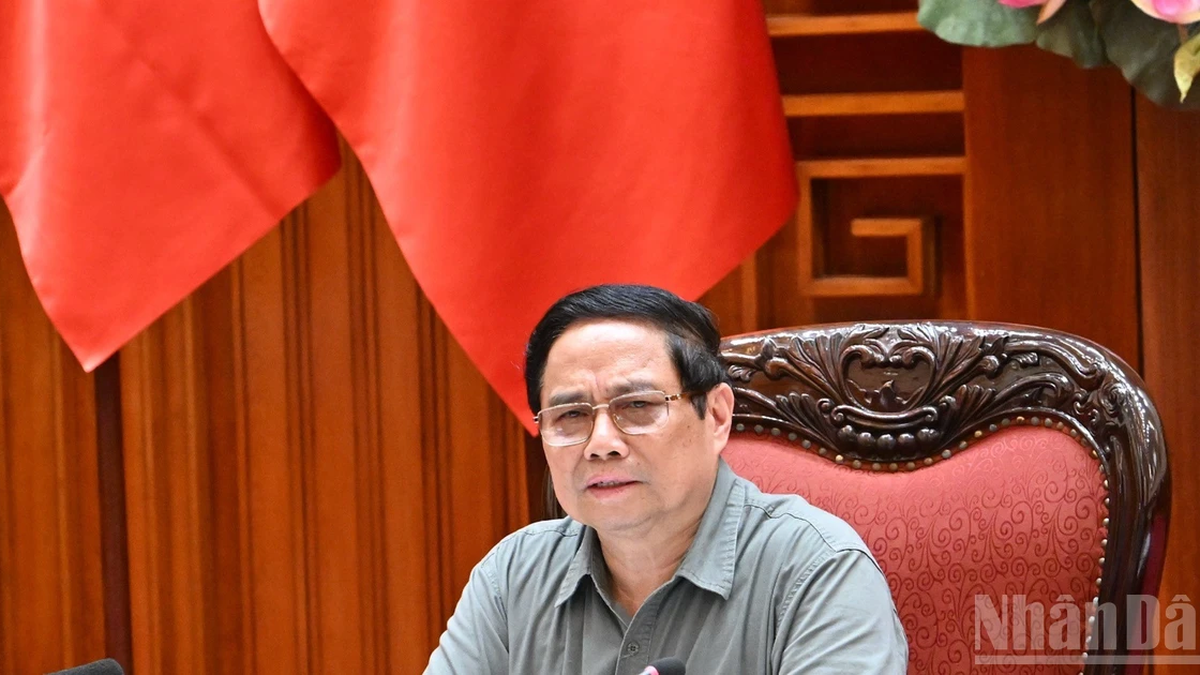
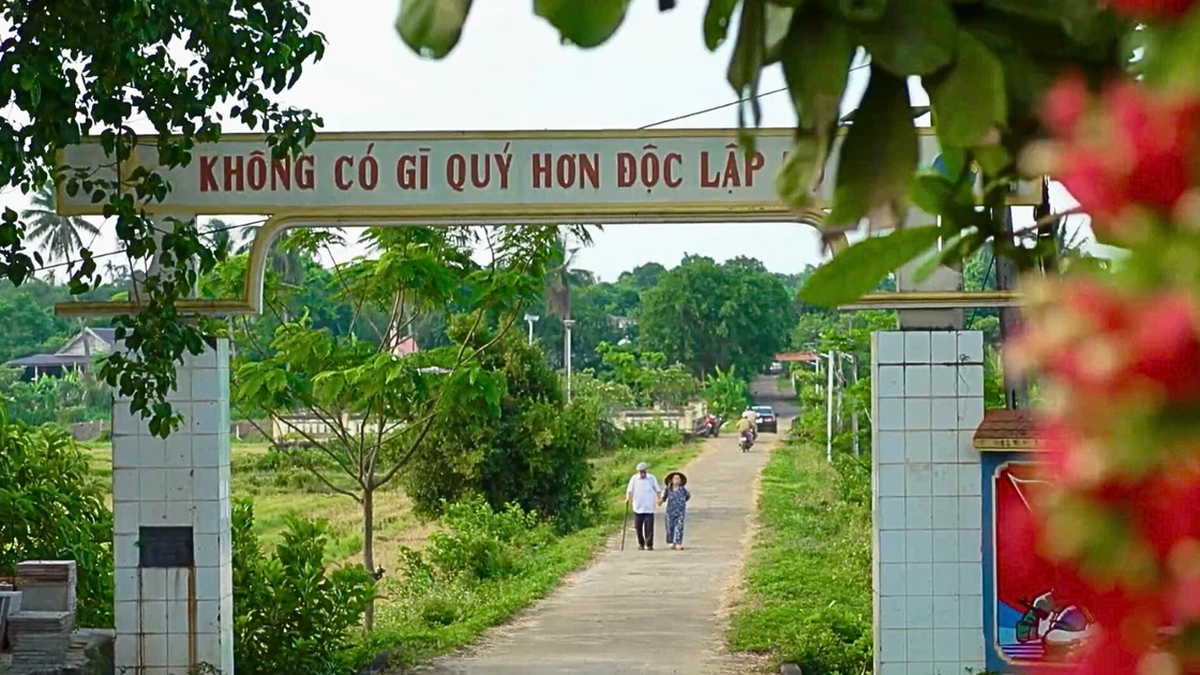

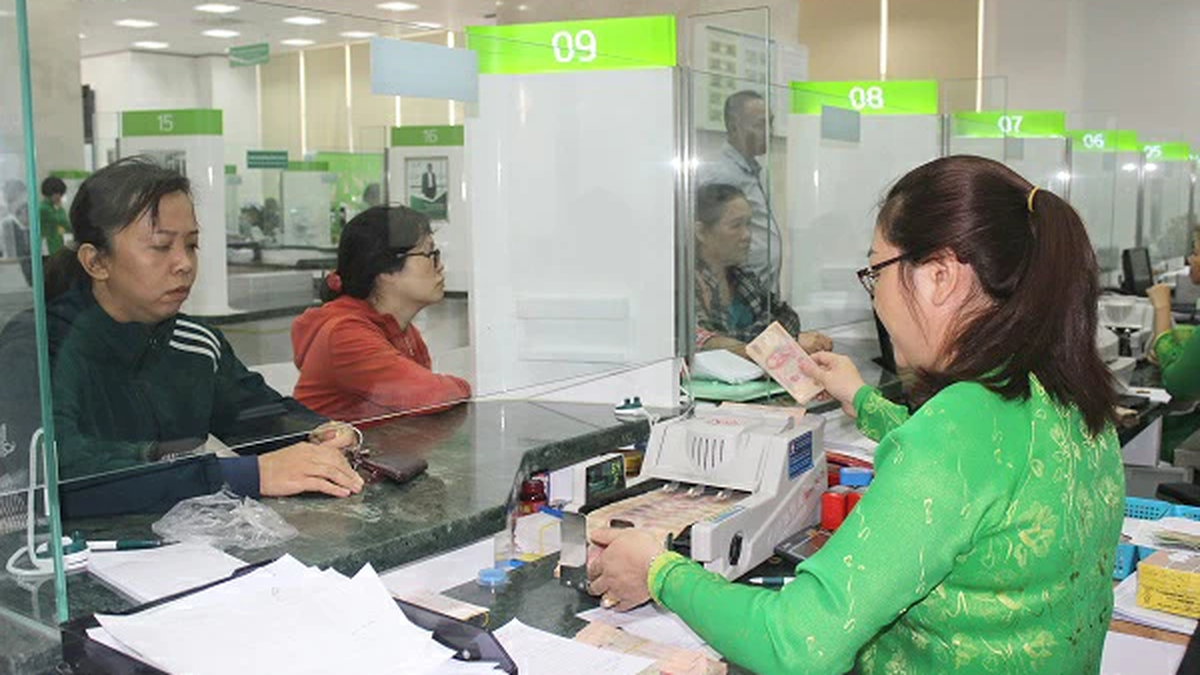


























































































Comment (0)